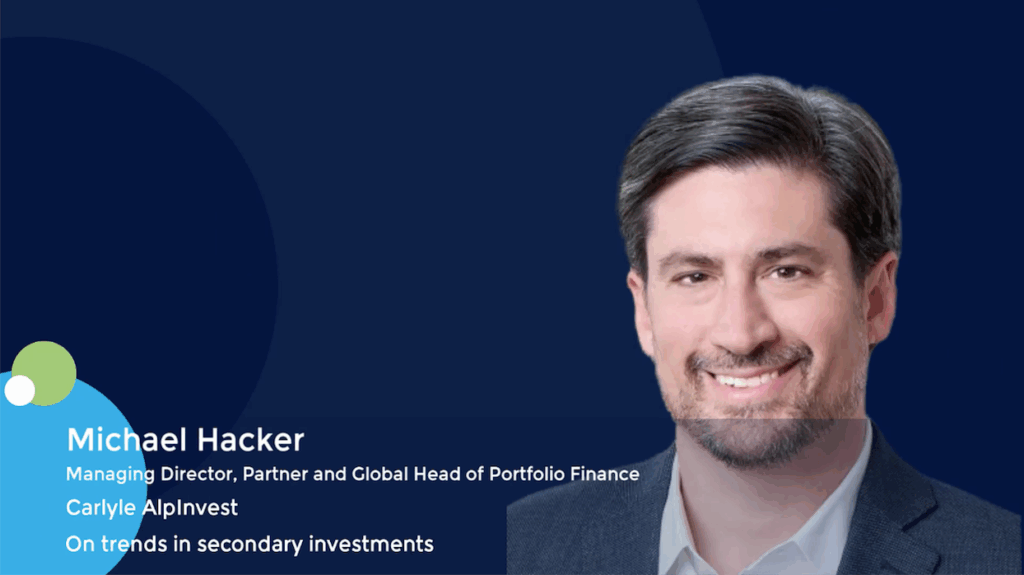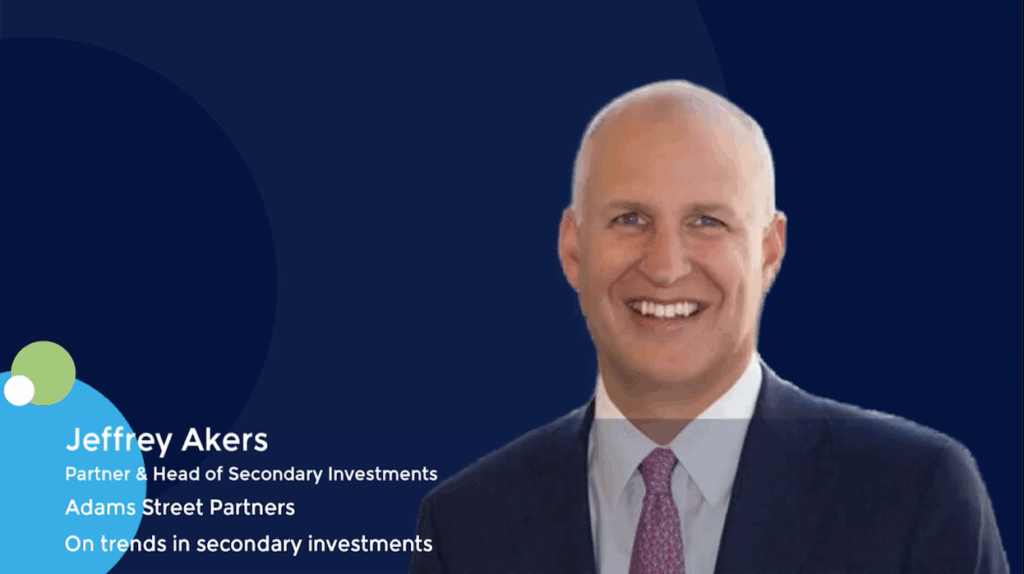Fund focus: Indonesia’s AC Ventures shifts from seed to Series A
Having raised USD 210m for its latest fund, the firm is aiming for an upturn in distributions as early investments are exited and it is eyeing opportunities across climate, consumer, and financial technology, but involving more mature companies
Streaming platform 17Live went public in Singapore last December following a merger with a special purpose acquisition company (SPAC) established by Vertex Venture Holdings. This was Singapore’s first successful de-SPAC transaction, and according to Adrian Li, a founder and managing partner at AC Ventures, it is also the exchange’s “first real technology listing.”
The merger, which gave 17Live an equity valuation of SGD 1.16bn (USD 844m), represented a timely liquidity event for AC: the Indonesia-focused venture capital firm closed its latest fund with USD 210m in commitments at the end of the year.
AC was established in 2019 when Agaeti Ventures and Convergence Ventures joined forces. The two funds these firms raised independently – in 2016 and 2018, respectively – are in their harvesting periods, and Li is hopeful of achieving distributions to paid-in (DPI) of 1x in the next 12-18 months. Most exits to date have been through expansion rounds and M&A; 17Live is the first via the public markets.
“It’s hard getting exits right now. We have a couple of companies that are candidates for IPO and the IPO markets are shut. At the same time, stock prices are down, so the M&A market is subdued. But we believe IDX [Indonesia Stock Exchange] will become an increasingly popular listing destination,” said Li.
“While IDX has its flaws, it was among the top-five equity raising destinations in 2023, and a strong company that demonstrates the ability to make money can do well [on the IDX]. The retail investor base in Indonesia has grown incredibly and it is increasingly on the map for institutional investors.”
A maturing ecosystem
The initial Agaeti and Convergence funds both focused on seed-stage deals, so there can be a long wait for realizations. The journey with 17Live began in 2015 when Convergence backed dating app Paktor. There followed a merger with livestreaming platform 17 Media, which led to the creation of M17, a failed attempt at a US listing, a rebranding at 17Live, and further rounds of venture funding.
Several early bets have blossomed into unicorns, notably payments infrastructure player Xendit, used car trading platform Carsome, and digital lender Koinworks. However, the new fund will target Series A rounds. AC’s average cheque size will rise from sub-USD 1m to USD 2m-USD 5m, and there will be 20-25 portfolio companies compared to 30-35 in the previous fund, which was of a similar size at USD 200m.
“The valuations for Series A companies – those with product-market-fit and metrics by which they can be valued – have fallen, so a lot of deals make more sense. At the seed stage, where you are pricing based on potential, valuations haven’t compressed much,” Li said. “We’ve always been a hands-on investor and we can offer more value to companies that have traction and need help finding talent and scaling.”
This shift in focus has been enabled by a deepening of Indonesia’s venture capital ecosystem in the past five years. Angel and seed-stage investors have proliferated, while some VC firms are adjusting their mandates, with some targeting more concentrated portfolios and larger ownership stakes in companies.
The maturity is arguably reflected in AC’s LP base. The two funds raised by Agaeti and Convergence pre-merger and their debut post-merger vehicle – Fund III, which closed in 2020 – were supported by family offices and corporates. Fund IV is an outlier: a USD 60m Malaysia-only vehicle managed alongside YTL Corporation and backed by the Malaysian government and a Korean investor.
Li describes the Fund V LP base as 70% institutional – with representation from Asia, the US, and the Middle East – largely thanks to participation by development finance institutions (DFIs), sovereign wealth funds, and financial institutions. The International Finance Corporation (IFC) is the only investor to publicly disclose its participation.
“Attracting more institutional LPs was a deliberate strategy, but it’s also the way the market evolved. At times like this, many family office-type investors become very risk-off and put their money into fixed income,” Li explained. “For DFIs, that are mandated to back emerging markets, and sovereign wealth funds, which have large pools of capital, venture is an ongoing strategy.”
The fundraising process could be split in two. A first close of approximately USD 160m against a stated target of USD 250m came in September 2022. By the time of IFC’s commitment – USD 20.4m for the fund, USD 20m for co-investment – was approved 12 months later, the target had been adjusted to USD 200m.
“In the first half of the fundraise, sentiment was relatively robust. As we went into 2023, it was very difficult to raise the remaining amount. We were fortunate to have existing LPs that not only re-upped but increased their cheque sizes,” said Li. “These are long-term investors who recognize that the best vintages may come when times are most challenging.”
Deployment plans
Fund V has already made several investments, backing the likes of electric vehicle (EV) manufacturer Maka Motors and sustainable farming start-up Koltiva. Electric mobility – from two-wheeler EVs to charging infrastructure to complementary services like finance – is a key area of interest. AC classifies it as a climate-related play alongside energy transition, supply chain management, and specialist software.
Strategy mainstays consumer and financial technology remain central to the firm’s activities. Li points to Indonesia’s robust economic growth, which is projected to send per capita GDP from USD 4,500 through USD 10,000 before the end of the decade. AC expects the broader digital economy to expand from USD 82bn in 2023 to USD 360bn by 2030.
The firm has noted more Chinese entrepreneurs coming to Indonesia. They tend to be looking to emulate the success of early movers like Jet Li of J&T Global Express or searching for new markets because China is too saturated or deemed unsuitable for their business plans. The much talked-about influx of Chinese VC investors, however, “has not impacted competition or how we do things,” Li said.
More noticeable is the drop-off in growth-stage capital from overseas. VC investment in Indonesia reached USD 5.75bn between 2020 and 2022, more than 3.5x the total for the three prior years. Last year, it fell short of USD 800m, according to AVCJ Research.
The withdrawal of these investors – typically global venture capital firms, family offices, and corporates – does not overly concern Li. First, some companies that have already raised Series B or C rounds are sitting on ample dry powder and not under pressure to return to market. Second, trouble-hit Series C start-ups are being restructured by existing investors, so they don’t necessarily appeal to new backers.
“That’s the 2021 cohort. Newer companies, once they’ve done a Series A, increasingly want to be sustainable and profitable, so they will do that and wait until it makes sense – in terms of timing and valuation – to raise downstream financing,” said Li.
“When they come back, we have sufficient later-stage channels to support companies in the region. Several venture capital firms have growth funds; Japanese conglomerates are looking for deals; and then all the VCs have LPs looking for later-stage de-risked deals.”











